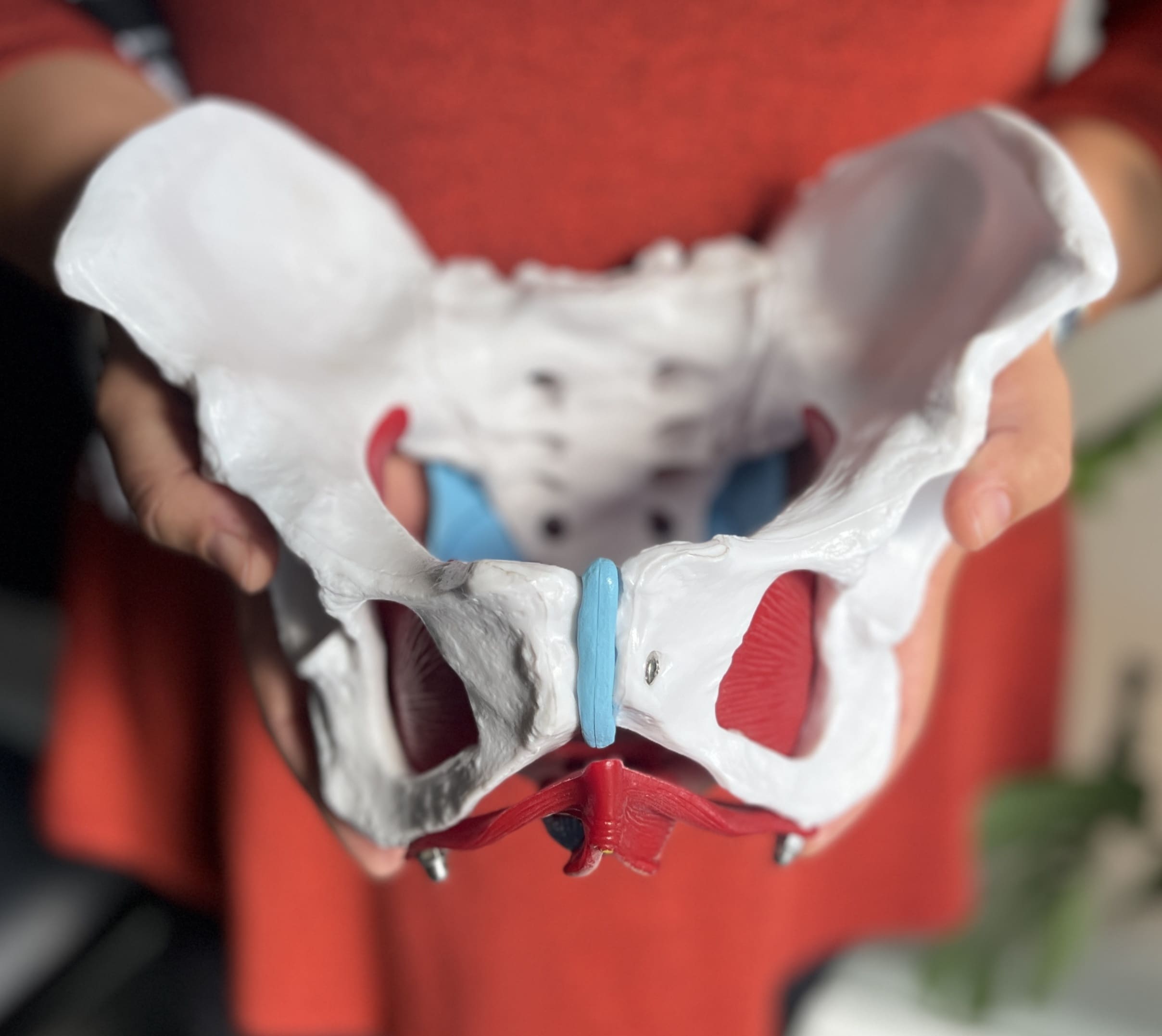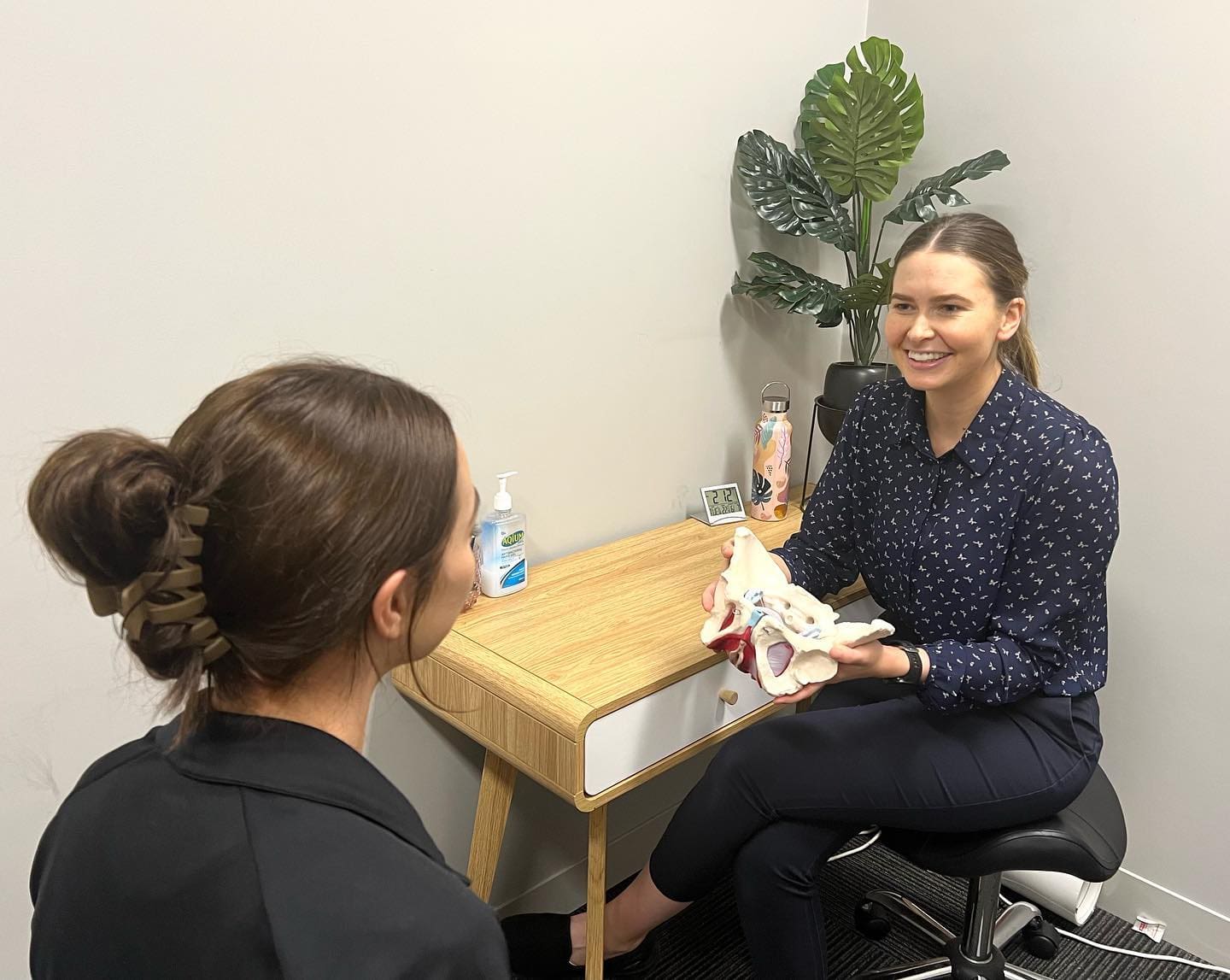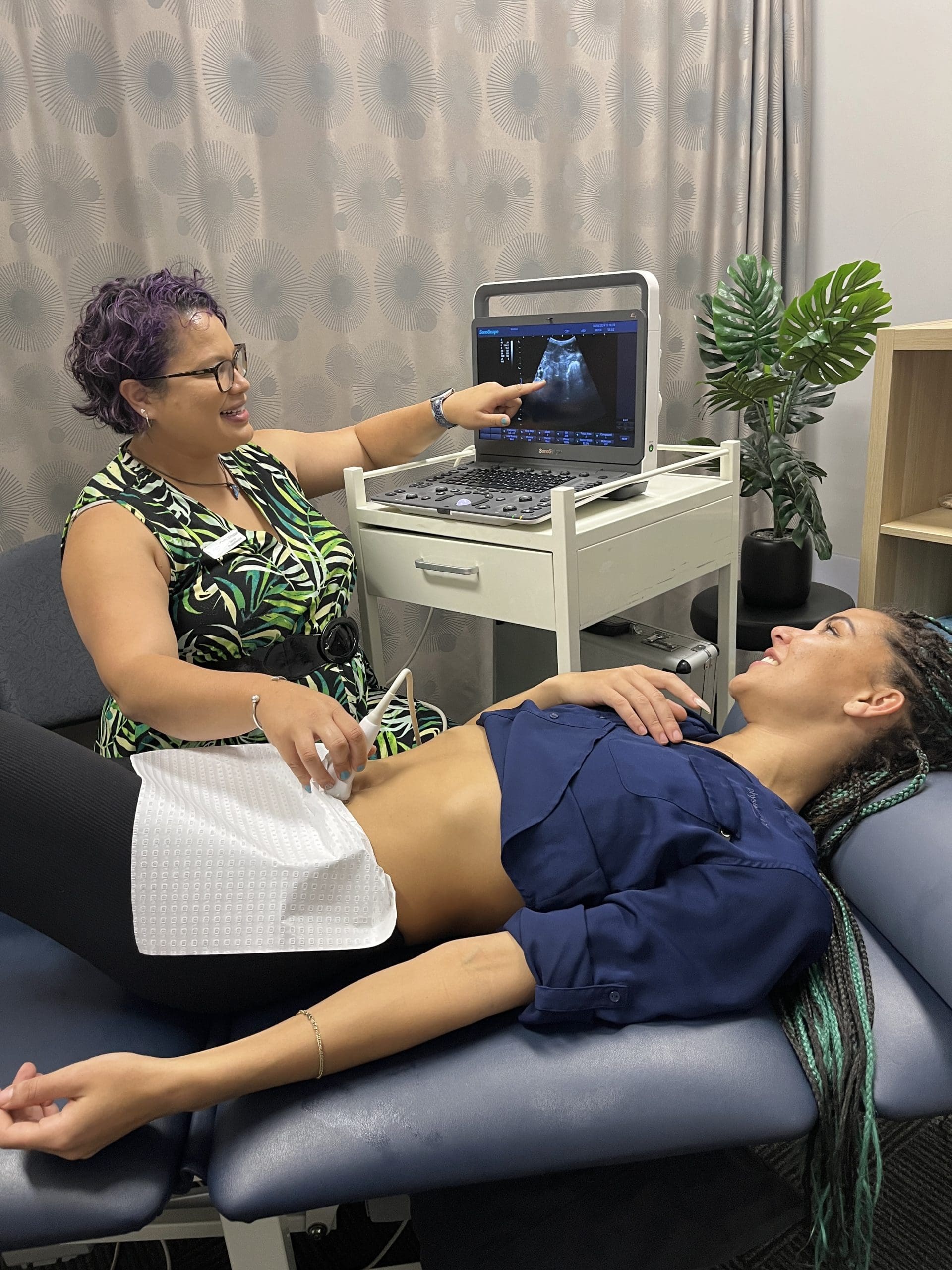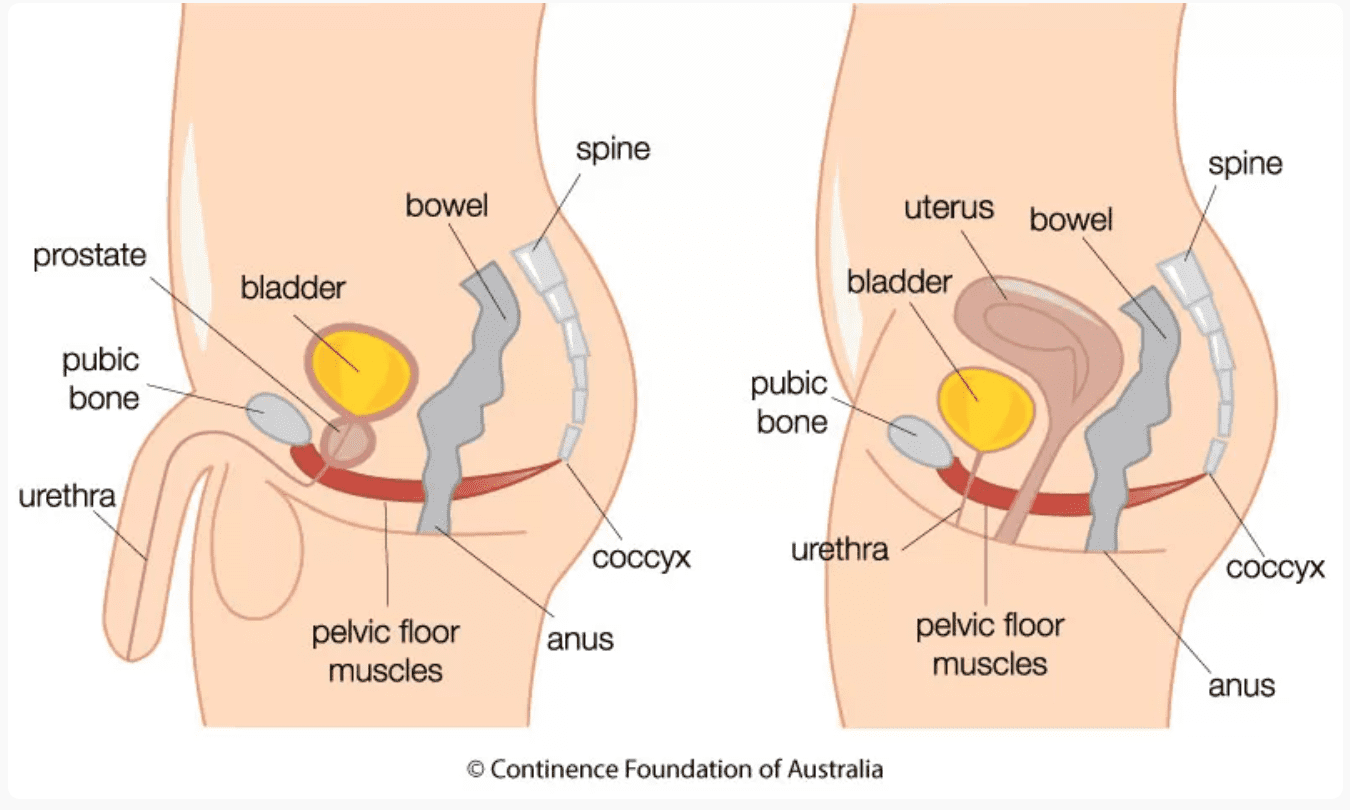First off, what does a pelvic health physio do? A pelvic health physio treats and manages women and men suffering from problems related to bladder, bowel or sexual functioning.
I hear you ask…. “Is it really worth a visit to the pelvic health physio when all they are going to do is tell me to do pelvic floor exercises? I’m already doing these so I can’t see how much more I can gain from an appointment”.
Here are five reasons you should be booking in for that pelvic health assessment:
- Let’s get that technique right:
- A thorough assessment of your symptoms and examination of the pelvic floor muscles will help guide whether these exercises are appropriate for you, how to do them with the best technique and how to incorporate them functionally into your day to relieve bothersome symptoms. It is very common (over 50% of women and men) to do these exercises with incorrect technique if not taught individually how to do correctly.
- A thorough assessment of your symptoms and examination of the pelvic floor muscles will help guide whether these exercises are appropriate for you, how to do them with the best technique and how to incorporate them functionally into your day to relieve bothersome symptoms. It is very common (over 50% of women and men) to do these exercises with incorrect technique if not taught individually how to do correctly.
- Maybe these exercises aren’t for you:
- There are a number of symptoms and conditions related to bladder, bowel or sexual functioning where pelvic floor exercises could possibly make these symptoms worse, such as pelvic pain, pain with intercourse and difficulty emptying the bladder or bowel, to name a few. In these conditions, the pelvic floor is often overactive, or ‘too tight’ and learning to relax the pelvic floor is often the goal as opposed to strengthening these muscles.
- There are a number of symptoms and conditions related to bladder, bowel or sexual functioning where pelvic floor exercises could possibly make these symptoms worse, such as pelvic pain, pain with intercourse and difficulty emptying the bladder or bowel, to name a few. In these conditions, the pelvic floor is often overactive, or ‘too tight’ and learning to relax the pelvic floor is often the goal as opposed to strengthening these muscles.
- It’s not all about the muscles:
- There are a host of other lifestyle factors that may be contributing to your symptoms. Examples of these include drinking too much fluid, or not enough; drinking fluids that irritate the bladder or bowel; participating in certain types of exercise or with a certain technique that may be placing excess load through the pelvic floor; engrained habits that are wreaking havoc on your pelvic floor and symptoms such as urinating ‘just in case’, straining on the toilet to empty your bladder or bowel, your posture while seated on the toilet, or not sitting at all and instead hovering over the toilet. Excess body weight and smoking can be added to this list too.
- Guidance and motivation:
- If pelvic floor exercises are recommended there is strong evidence that completing a training program under physiotherapy supervision leads to higher rates of symptom reduction compared to completing a self-directed program. Your physiotherapist is also able to help you work out ways to maintain your adherence and motivation with the exercise program to help you reach your goals.
- If pelvic floor exercises are recommended there is strong evidence that completing a training program under physiotherapy supervision leads to higher rates of symptom reduction compared to completing a self-directed program. Your physiotherapist is also able to help you work out ways to maintain your adherence and motivation with the exercise program to help you reach your goals.
- Everyone has a pelvic floor:
- Age is no barrier. Whether you are 18 or 81, whether you have had symptoms for a few days or a few decades, regardless of your gender, if you are suffering from bladder, bowel or sexual functioning issues, it is never too early or late to seek help.
Please don’t suffer in silence and reach out to us at Midland Physiotherapy to book in with our Pelvic Health Physiotherapist.






